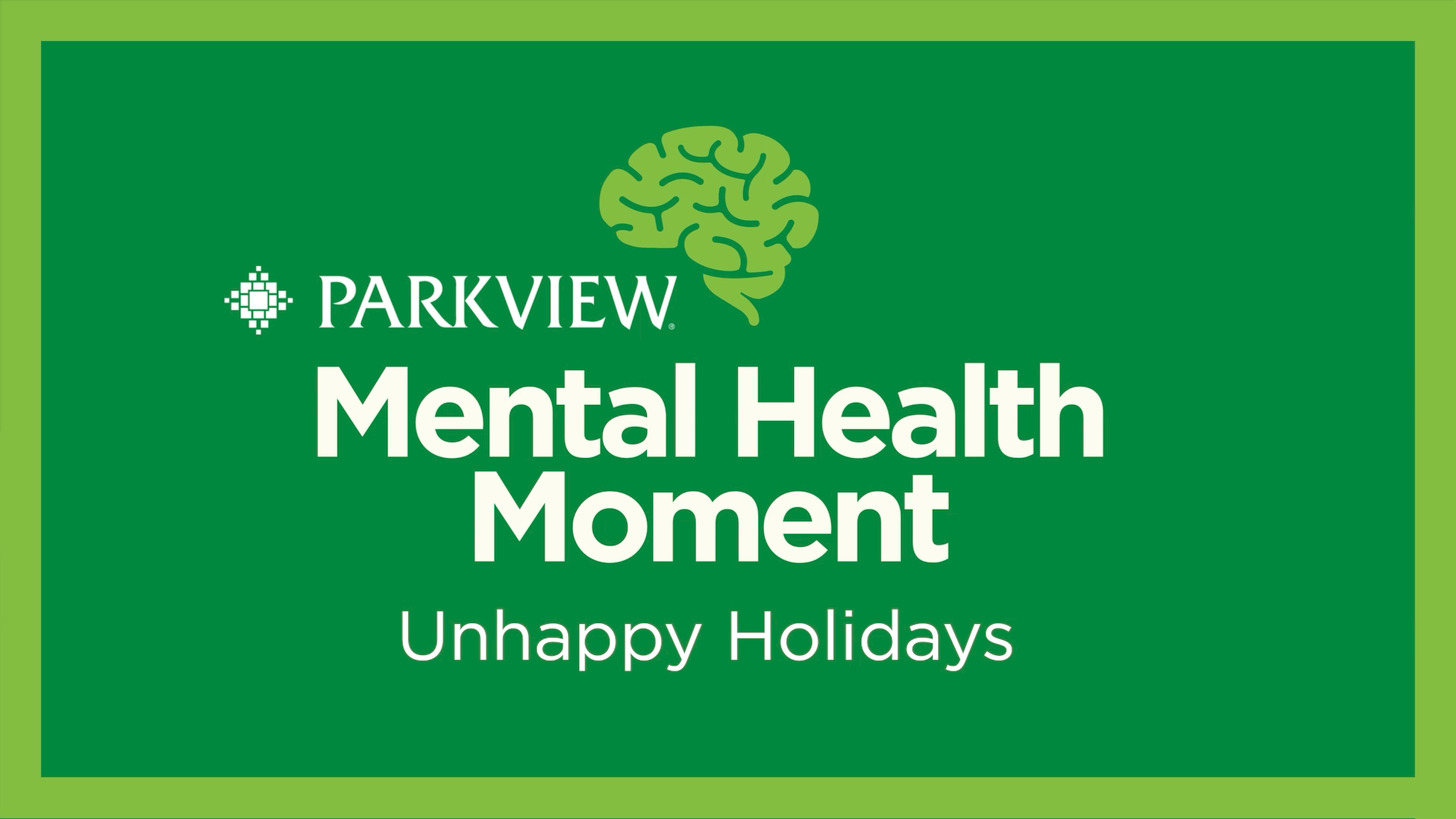
This post was written by Chris Brinneman, MSW, LCSW, manager, Advance Care Planning, Parkview Health.
When a family member or friend is hospitalized, it can be scary and hard! Emotions are often heightened when someone who matters most to us is in a vulnerable position. Conversations at their bedside are crucial, but they can be tough when we have not even begun discussing healthcare wishes before a medical crisis. Regardless of a person’s age or the complexity of their medical situation, people often shy away from having these conversations about future medical care and decisions we might have to make.
Making your wishes known
Many of us believe that our family and friends already know the type of tests, treatments and procedures we want when facing a critical illness or injury. However, one research study showed that people guessed incorrectly at a rate of one out of three times related to making end-of-life decisions for their loved one. While many of us have a fuzzy idea of what a good death looks like, many have not had conversations about good outcomes versus bad outcomes regarding our health with our inner circle or healthcare providers.
In Indiana, we have a recognized (but not required) state advance directive. (You can find Ohio advance directive documents here.) The document allows us to name a primary and secondary Health Care Representative (HCR). Health Care Representatives are the people whom we entrust to know what matters most and what kind of medical care we would want in the event of a medical crisis. Our healthcare representative will be the person who voices our healthcare decisions if we are unable to do so because of our health condition. The document also allows us to broadly define end-of-life preferences by choosing quality of life or staying alive. The standardized document, however, does not help identify specifics related to future medical care.
Starting the conversation
Even though the conversation can be uncomfortable, we must begin discussions about the end of life early. In fact, the earlier we begin, the better. Waiting until someone is near the end of life can make these conversations even more difficult because that time is already emotional, frightening, chaotic and stressful.
To ease into a conversation about decisions and scenarios, we can start with questions that are easier to answer, like:
- What does a good day look like? If you got to spend the day with your favorite people doing your favorite things, what would you be doing? With whom?
- What has your personal experience been with someone you care about who has been sick and hospitalized? How does that impact the decisions you would make about your own medical care?
- How do your beliefs (personal, cultural, or spiritual) impact your decisions about medical care?
From there, we can talk about more specifics related to healthcare decisions, such as:
- If your heart and breathing stop suddenly, would you want to have CPR (cardiopulmonary resuscitation), which can include pushing on your chest, breathing support, medications, and electrical shocks?
- What if you reach a point where breathing is a challenge? Would you allow a breathing machine to do the work for you? For how long?
- Would you want a feeding tube if you can no longer swallow safely? Through your nose to your stomach? Through your skin directly into your stomach?
- If you knew that death was likely to happen in a brief period of time, would you want to be in the hospital, in a nursing care facility or at home?
Let us help
We know that thinking about and talking about end-of-life care requires courage and self-reflection. If you need assistance with having this conversation, Parkview Health has certified facilitators who can walk you through an Advance Care Planning (ACP) conversation.
This ACP conversation gives you a say in your future medical care. The more you speak up, the better your healthcare can be. Treatments only work if they work for you. Tell your doctor and the people who matter most about the care that you want and what matters most to you. If appropriate, at the end of your conversation, an ACP facilitator can help you complete an advance directive form outlining who your healthcare representative is and what your treatment preferences are.
Let’s make a plan for your care. We’ll figure this out together. You can schedule an appointment with an ACP facilitator by calling (260) 266-1481, emailing [email protected], or utilizing MyChart.



